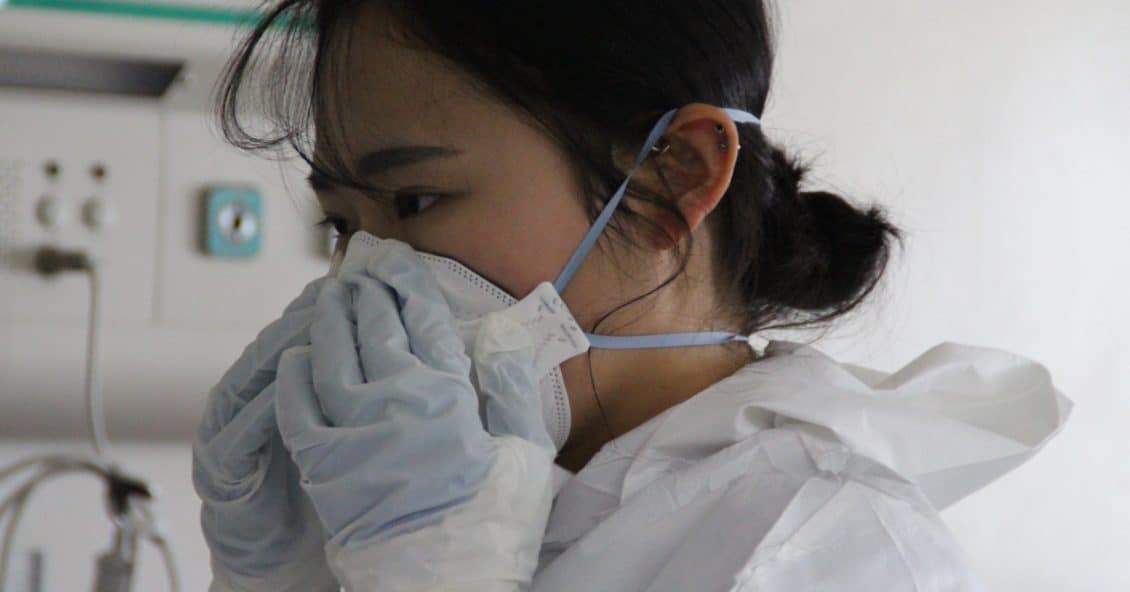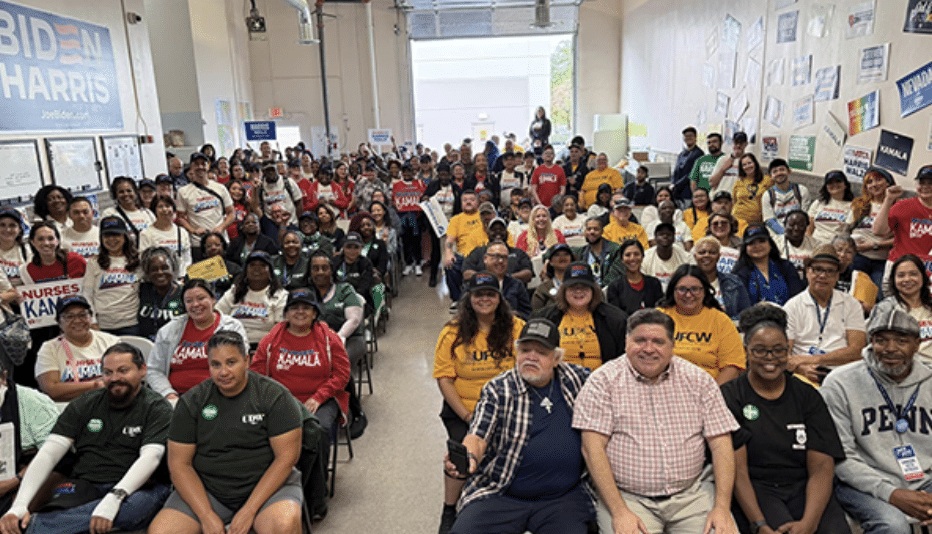Building worker power through health and safety
01.04.22
A new report from UNI Global Union shows how unions have risen to the challenges of Covid-19 and increased strength through organizing for occupational safety and health (OSH) improvements.
A collaboration between UNI Global Union’s Care and Commerce sectors, the Safer Jobs & Stronger Unions, Building Worker Power Through Health & Safety report was launched at a UNI webinar on 31 March. It highlights recent trade union campaigns and reveals how OSH became a rallying point for workers fighting for their rights across the globe.
Christy Hoffman, General Secretary of UNI Global Union, said:
“Throughout the pandemic occupational safety and health has been a trigger for worker activism and union action. This report shows how UNI unions have stepped up and won improvements to protect workers in the face of a deadly virus. Their successful strategies haves meant workers with a union have better access to PPE, time off to get paid sick and quarantine leave, and recognition for their essential role among many other gains. Now, going forward, unions can build on these gains for a stronger labour movement.”
The report focusses on the care and commerce unions as two UNI sectors where workers have been on the frontlines of the pandemic in essential roles. It pinpoints five successful approaches by unions to build worker power and improve health and safety:
1) emphasizing OSH in collective bargaining with employers,
2) pressuring government leaders to enact reforms,
3) engaging in collaborative action with community organizations,
4) turning OSH committees into organizing catalysts, and
5) defining mental health issues as equal in value to physical health.
Speaking at the webinar was César Guerrero, Health and Safety Secretary of Argentine commerce affiliate, FAECYS:
“Without trade unions, the pandemic would have been more deadly, working conditions less safe, and essential workers would not have the dignity or fair pay they deserve.”
Thanks to lobbying by FAECYS, Argentina’s legislature is considering a law to make health and safety committees mandatory in all workplaces. If the legislation passes, workers will have the right to elect or appoint members of internal workplace OSH committees.
Healthcare union FATSA ensured that healthcare workers received a bonus for their efforts during the pandemic as well as a pay rise. Miguel Zubieta, Education Secretary at FATSA, said:
“Our federation never gave up – we never closed our doors. We were at the forefront in the fight to designate Covid as an occupational disease, which was absolutely crucial to ensuring workers had effective PPE protections, received the fair pay they were entitled to, and access to sick leave.”
In the United States, the United Food and Commercial Workers union negotiated hazard pay to recognize the role that grocery workers played in providing communities with food and essential items. “Justice is never given, it must be exacted and we must continue to demand justice for our members,” said UFCW Senior Advisor for Global Strategies, Stan Gacek.
In Nepal, UNI healthcare union, UniPhin, helped workers secure PPE, mental health support and time off:
“For many workers, UniPHIN was a source of hope and we were able to organize new members in a difficult time,” said Pratima Bhatta, UniPHIN Secretary Treasurer and Organiser.
The report was made with funding support from Open Society Foundations.
To download the report in English and Spanish click here: https://uniglobalunion.org/report/safer-jobs-stronger-unions-building-worker-power-through-health-safety/


